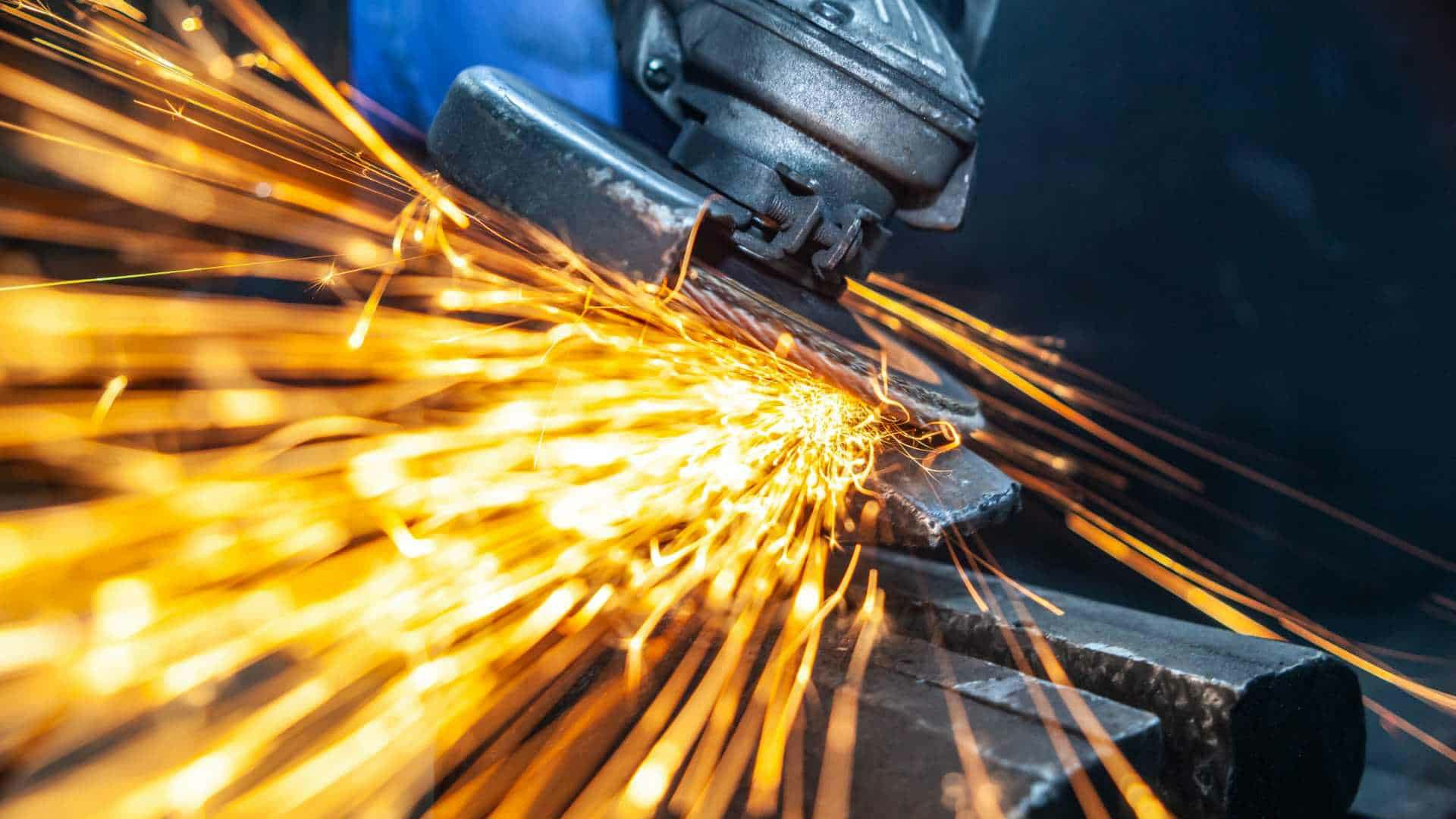Mastering Abrasive Wheels: Essential Safety Protocols for Irish Workplaces
Abrasive wheels are widely utilized in various industries across Ireland, providing invaluable tools for cutting, grinding, and polishing materials. However, with their immense power and utility comes significant risk, particularly if safety protocols are ignored. Understanding the potential dangers associated with abrasive wheels is crucial to maintaining a safe work environment.
Understanding the Risks of Abrasive Wheels
Abrasive wheel operations can lead to severe injuries if proper safety measures are not in place. The primary risks include:
- Wheel Breakage: One of the most significant hazards is the possibility of a wheel shattering during operation. Such incidents can lead to flying debris and serious injuries.
- Improper Usage: Using the incorrect wheel for a specific task or failure to follow the manufacturer’s guidelines can result in accidents.
- Lack of Personal Protective Equipment (PPE): Failing to wear the adequate protective gear can increase the severity of injuries when accidents do occur.
- Excessive Speed: Operating at unsafe speeds can compromise the integrity of the wheel, leading to catastrophic failures.
Common Injuries in Abrasive Wheel Operations
The consequences of negligence can be dire. Some common injuries associated with abrasive wheel use include:
- Lacerations and Burns: Direct contact with moving wheels can cause severe cuts and thermal burns.
- Eye Injuries: Flying particles can lead to serious ocular injuries, including vision loss.
- Fractures: Injuries from falling debris can result in broken bones.
- Hearing Loss: Prolonged exposure to the noise produced by abrasive wheel operations without hearing protection can lead to permanent hearing damage.
Mitigating Risks through Training and Equipment
To reduce the likelihood of accidents, it is imperative to ensure that all personnel working with abrasive wheels undergo proper training. This includes:
- Certified Abrasive Wheels Training: Courses in Dublin, Cork, Galway, and other cities equip workers with the skills necessary to handle abrasive wheels safely.
- Regular Training Updates: As equipment and safety standards evolve, regular refresher courses ensure that all workers are informed about the latest practices.
- Risk Assessments: Conducting thorough risk assessments helps identify potential hazards and implement effective control measures.
The Role of Personal Protective Equipment
The importance of PPE cannot be overstated. Essential protective gear includes:
- Safety Glasses: To protect the eyes from flying debris.
- Face Shields: Additional face protection against particles.
- Hearing Protection: Earplugs or earmuffs to mitigate hearing loss caused by exposure to loud machinery.
- Gloves: Cut-resistant gloves can help protect hands from sharp materials.
Best Practices for Workplace Safety
Beyond training and protective gear, workplaces should adopt best practices to ensure safety:
- Regular Equipment Inspections: Conducting frequent checks of abrasive wheels and associated machinery helps identify any technical issues before they lead to accidents.
- Following Manufacturer Guidelines: Adhering to operating protocols provided by manufacturers minimizes risks associated with equipment misuse.
- Creating a Safety Culture: Encouraging a culture that prioritizes workplace safety can significantly reduce hazards. Make safety discussions a regular occurrence in team meetings.
Real-World Consequences and Preventative Measures
To emphasize the importance of these protocols, several case studies highlight accidents that could have been prevented with adequate training. For instance, in Dublin, a worker suffered severe injuries due to not using protective gear while operating an abrasive wheel. Such incidents underline the need for strict adherence to safety training and practices.
Conclusion: Empowering a Safe Work Environment
By investing in certified abrasive wheels training in Dublin, Cork, Galway, and Limerick, companies not only comply with safety regulations but also protect their most important asset—their workers. Implementing effective training programs and adhering to safety practices can drastically reduce the risks associated with abrasive wheels.
For more information on Abrasive Wheels Training, please contact us at [email protected].



 349,500 Offered Certificates
349,500 Offered Certificates
 24/7 Online Training
24/7 Online Training
 Money Back Guarantee
Money Back Guarantee
 Fully Accredited Courses
Fully Accredited Courses
